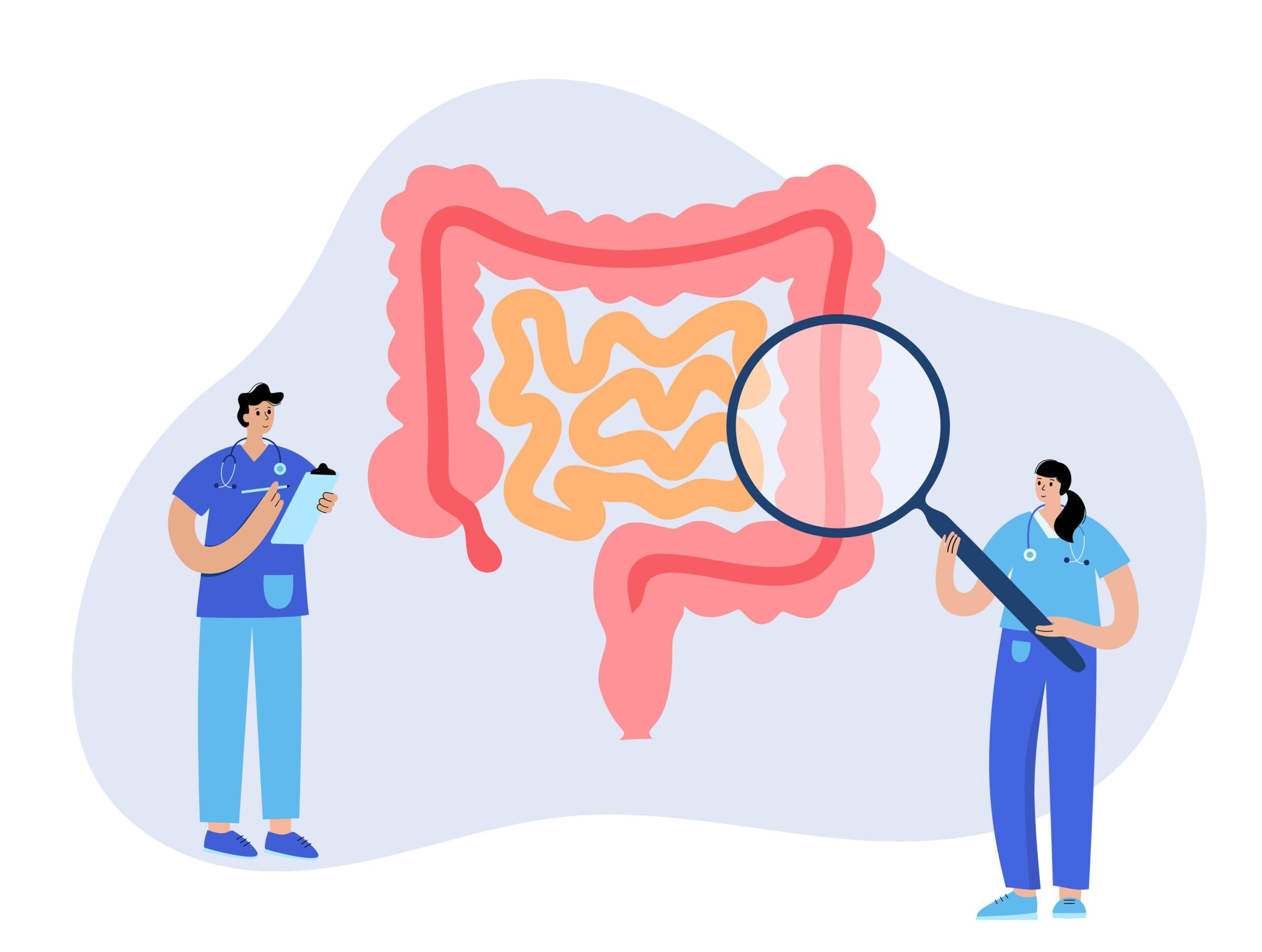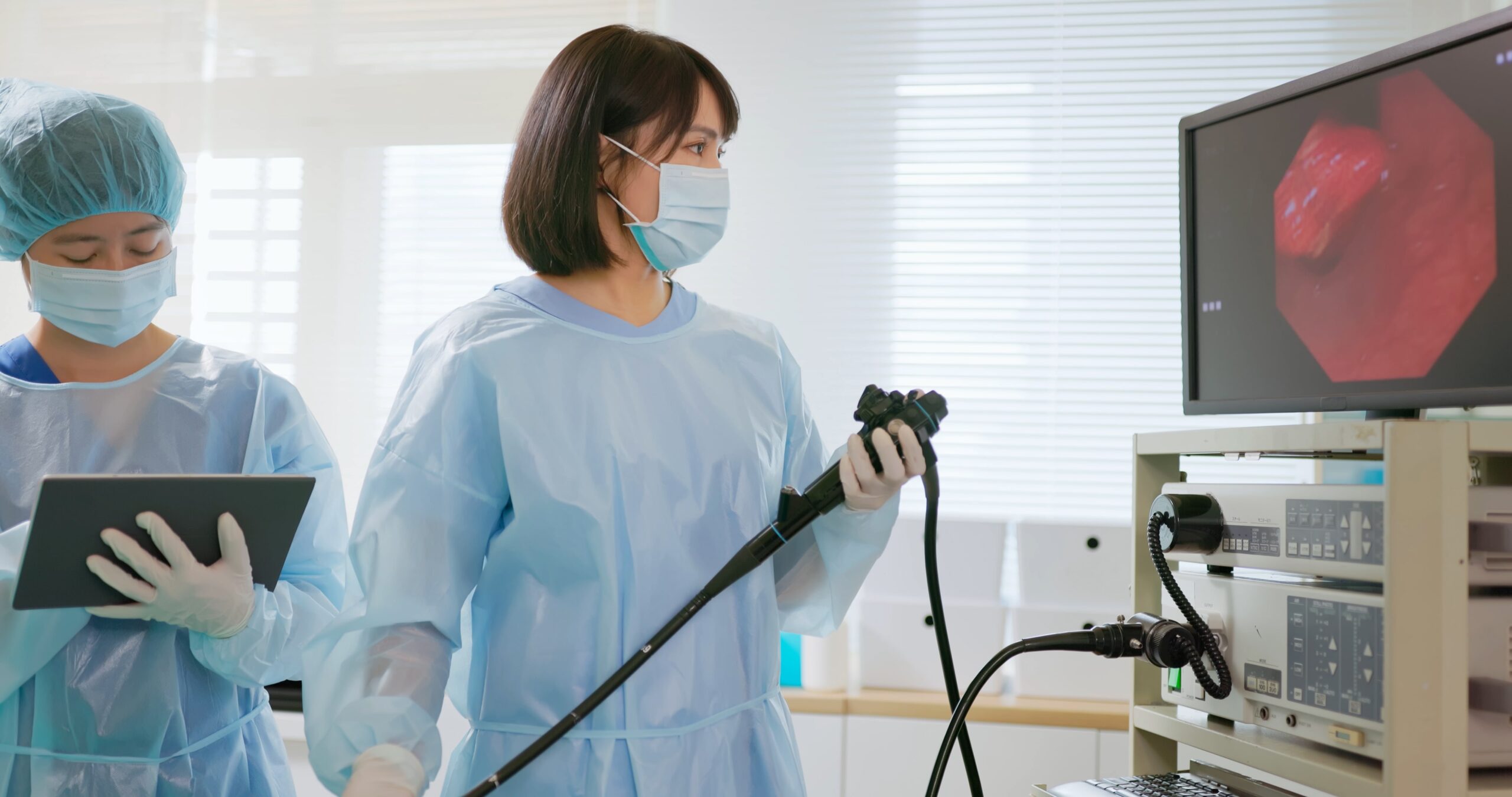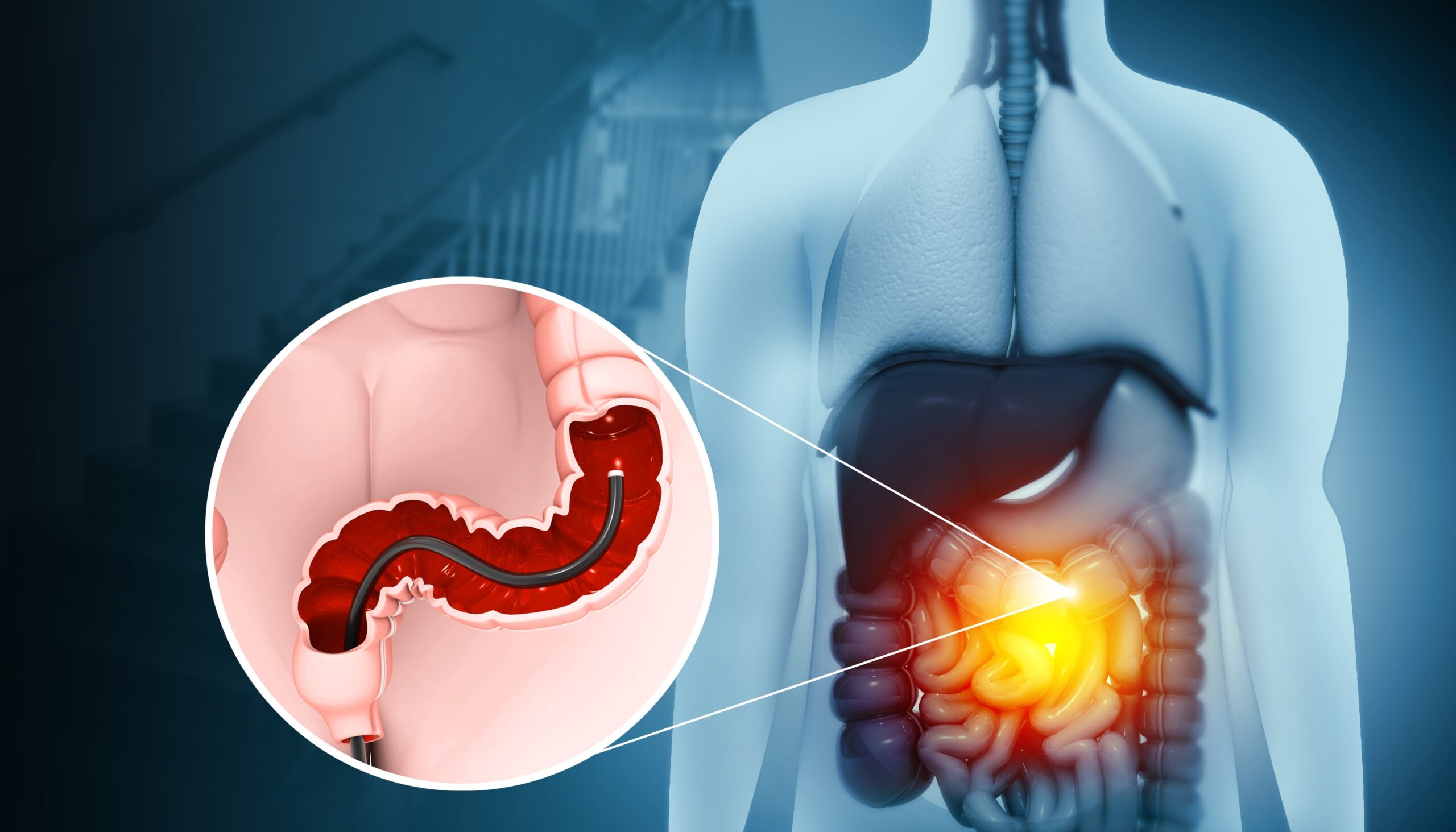
Colonoscopy 101: What to Expect Before, During, and After
A colonoscopy is a crucial procedure for maintaining gastrointestinal health and screening for potential issues such as colorectal cancer. While the thought of undergoing a colonoscopy can be daunting, understanding what to expect can ease your anxiety and help you prepare. This guide will walk you through the entire process, from preparation to recovery, ensuring you feel informed and confident every step of the way. Whether you’re scheduled for your first colonoscopy or just need a refresher, this blog will provide clear insights into what you need to know before, during, and after the procedure.

The Importance of Colonoscopy Screening
Colorectal cancer is the second leading cause of cancer-related deaths in the United States, yet it is also one of the most preventable forms of cancer. Colonoscopies play a crucial role in early detection and prevention, as they allow doctors to identify and remove precancerous polyps before they can develop into malignant tumors.
Given the significant impact colonoscopies can have on colorectal cancer outcomes, it is recommended that average-risk individuals begin regular screening at the age of 45. Screening may be recommended even earlier for those with a family history or other risk factors. By prioritizing this essential preventative health measure, you can actively safeguard your long-term well-being.
Preparing for Your Colonoscopy
The colonoscopy preparation process is often cited as the most challenging aspect of the entire procedure, but it can be managed effectively with the right mindset and preparation. The key is to follow your doctor’s instructions to the letter, as any deviation could compromise the success of the exam.
Dietary Restrictions
In the days leading up to your colonoscopy, you will be required to follow a clear liquid diet. This means avoiding solid foods and consuming only liquids you can see through, such as water, broth, tea, coffee (without milk or cream), and clear juices. It is crucial to avoid anything with red dyes, as these can be mistaken for blood during the procedure. You must completely abstain from solid foods 24 hours before your scheduled colonoscopy and transition to a clear, liquid-only diet.
Laxative Preparation
You may be prescribed a specific laxative solution or powder that you must consume to thoroughly cleanse your bowels, as this is the most crucial step in the preparation process. This ensures that your colon is empty, allowing your doctor to visualize the entire length of the intestine during the procedure.
The laxative preparation can be unpleasant, causing frequent, watery bowel movements that may continue until your colon is completely cleared. It is important to follow the instructions provided by GastroMD, as any deviation could compromise the success of the colonoscopy.
Medication Adjustments
Before your colonoscopy, you may need to adjust the timing or dosage of certain medications, particularly blood thinners or insulin. Be sure to inform your doctor about all the medicines and supplements you are currently taking, as they will provide specific guidance on managing your regimen during the preparation period.
Hydration and Electrolyte Balance
The colonoscopy preparation process can dehydrate you, leading to an imbalance of electrolytes such as sodium, potassium, and chloride. To alleviate this, it is recommended to consume electrolyte-rich beverages or supplements, such as sports drinks or medically formulated hydration solutions.

The Colonoscopy Procedure
Understanding what to expect on the day of your colonoscopy can help alleviate any lingering concerns and allow you to approach the procedure confidently.
Arrival and Preparation
When you arrive, you will be given an (IV) line to administer a mild sedative or anesthetic to help you relax and remain comfortable throughout the procedure.
The Colonoscopy Itself
Once you are sedated, your doctor will insert a thin, flexible tube called a colonoscope into your rectum. This instrument is equipped with a tiny camera that allows your doctor to carefully examine the lining of your colon and rectum for any abnormalities, such as polyps or growths.
If your doctor identifies any concerning lesions, they may choose to remove them during the procedure, as this can prevent them from potentially developing into colorectal cancer in the future. The entire colonoscopy process typically takes between 20 to 60 minutes, depending on the complexity of the examination.
Post-Procedure Recovery
After the colonoscopy is complete, you will be moved to a recovery area where the medical staff will monitor you until the sedative wears off. During this time, you may experience mild discomfort or bloating due to the air that was introduced into your colon during the procedure.

Recovering from a Colonoscopy
After your colonoscopy, you might feel some mild discomfort or bloating from the air that was administered into your colon during the procedure. This common and temporary side effect should subside within 30 minutes to an hour as you pass the air. Most patients can return to their daily activities, including work, the day after their colonoscopy. Consulting with your doctor for specific recommendations is important.
If you had any polyps removed or biopsies taken, you may also notice a small amount of blood in your first bowel movement after the procedure. This is typically not a cause for concern, but you should contact your healthcare provider if the bleeding persists or becomes excessive.
Preventive Health Starts Here
Colonoscopies are an essential preventive health measure that can save lives by detecting and removing precancerous growths before they develop into colorectal cancer. Understanding what to expect from a colonoscopy can make the process smoother and less intimidating. By preparing adequately, following post-procedure guidelines, and staying informed, you can ensure a successful screening experience. At Gastroenterology of Greater Orlando, we are dedicated to providing exceptional care and support throughout your gastrointestinal health journey. If you have any questions or are ready to schedule your colonoscopy, reach out to our expert team today. Contact us to learn more about our services and take the next step toward maintaining your health with confidence.